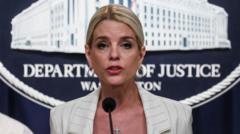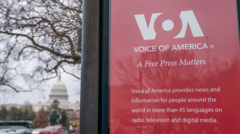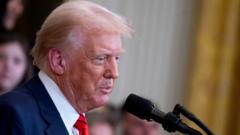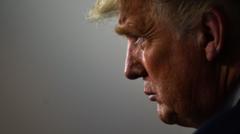A legal battle unfolds as Minnesota sues President Trump's newly enacted order to keep biological males out of women's sports, prompting debates on civil rights and Title IX enforcement.
Minnesota Challenges Trump’s Executive Order on Women’s Sports
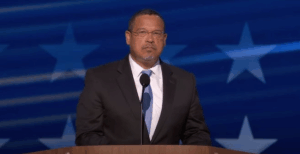
Minnesota Challenges Trump’s Executive Order on Women’s Sports
Minnesota Attorney General files lawsuit against federal directive, raising critical questions about gender rights in athletics.
In a significant step towards regulating women’s sports, President Donald Trump signed Executive Order 14201 on February 5, 2025, titled “Keeping Men Out of Women’s Sports.” This order requires that any educational institution receiving federal funds must guarantee that female sports teams consist solely of biological females.
Following this move, Minnesota Attorney General Keith Ellison initiated a lawsuit against the Trump administration, questioning the constitutionality of the directive. Ellison argues that the order infringes upon transgender individuals’ rights and breaches the Human Rights Act of Minnesota. The lawsuit seeks a court injunction to prevent enforcement of this federal mandate within the state.
Responding to the legal challenge, U.S. Attorney General Pam Bondi stressed the administration’s commitment to uphold Title IX, stating its foundational intent is to safeguard female athletes against discrimination. Bondi asserted that permitting biological males to compete with biological females jeopardizes equal competition and translates into an unfair advantage in sports.
Legal experts suggest that this case may set a crucial precedent regarding the interpretation of the Equal Protection Clause and Title IX compliance. The ruling could influence how educational institutions nationwide organize their athletic programs and impact policies related to gender identity in sports.
Supporters of the executive order claim that it reinstates equity in women’s sports and defends the interests of female athletes who may face risks to their scholarships, records, and titles due to current competition regulations allowing biological males.
This high-stakes legal confrontation not only stresses the complexities of sex-based rights and federal funding obligations but also highlights conflicts between state rights and federal authority. As the proceedings develop, the outcome is anticipated to affect policies and perceptions across the U.S. regarding the intersection of gender identity and athletics.









